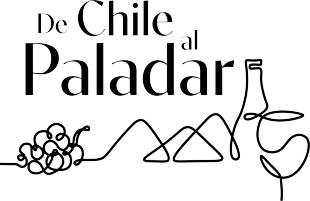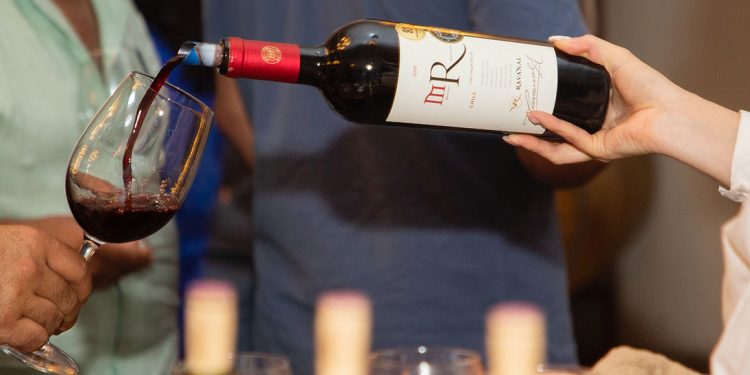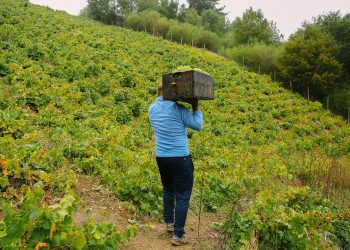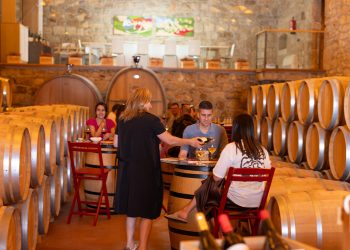The first half of 2025 brought good news for the Chilean wine industry: exports grew in value and consolidated Brazil as its main trading partner. This boost came in the midst of a strategy that prioritises quality and sustainability over volume.
According to data from the OIV (International Organisation of Vine and Wine), Chile closed 2024 as the world's fourth largest exporter with 7.8 million hectolitres, regaining ground in the global market.
During the first six months of 2025, about 22.5 million boxes totalling US$ 605.5 million were shipped, achieving an average price of US$ 26.9 per box.
The Ministry of Foreign Affairs (SUBREI) also reported an increase of 2.2% in bottled wines, highlighting varieties such as Sauvignon Blanc, Chardonnay, Pinot Noir and Carmenère, in addition to the dynamism of sparkling wines and Rosé.

Brazil: the new engine of growth
The South American giant recorded a double-digit increase in volume and close to 6-7% in value, driven by its geographical proximity, Mercosur agreements and the interest of its middle class in wines with better value for money.
This trend opens up space to position premium labels and reinforce the cultural connection with the Brazilian consumer.
"In the global panorama, Chilean wine exports have shown relative stability, marked by high international competition and changes in consumption habits. Chile remains one of the world's leading exporters, thanks to the diversity of its terroirs, sanitary stability and consistency in quality. However, the challenge is to move from competing on price to capturing more value, targeting the premium and super-premium segment," says Roxana Diez de Medina, general manager of Viñas de Colchagua.
Towards a more premium and sustainable industry
Chilean wineries and associations agree that the key to sustainable growth lies in premiumisation: less volume, more added value, authenticity and responsible practices.
"Viña Ravanal has increased its exports thanks to a strategy based on three pillars: market diversification, strengthening and expanding its wine portfolio, and building long-term commercial relationships. We have consolidated our presence in traditional markets and, at the same time, opened opportunities in emerging destinations", says Mario Sebastián Ravanal, general manager of Viña Ravanal.
The industry's strategy includes market diversification (with a presence in the US, China, Europe and Asia), a higher proportion of premium wines, international marketing efforts and a narrative that highlights the family history and environmental commitment of the wineries.
In addition, wine tourism remains a key tool to connect distributors and consumers with the Chilean experience.
More information at https://www.oiv.int/es/prensa/state-world-vine-and-wine-sector-2024-adaptation-cooperation
Did you see our previous article? 1st International Artisan Cheese Competition to be held in Chile.








